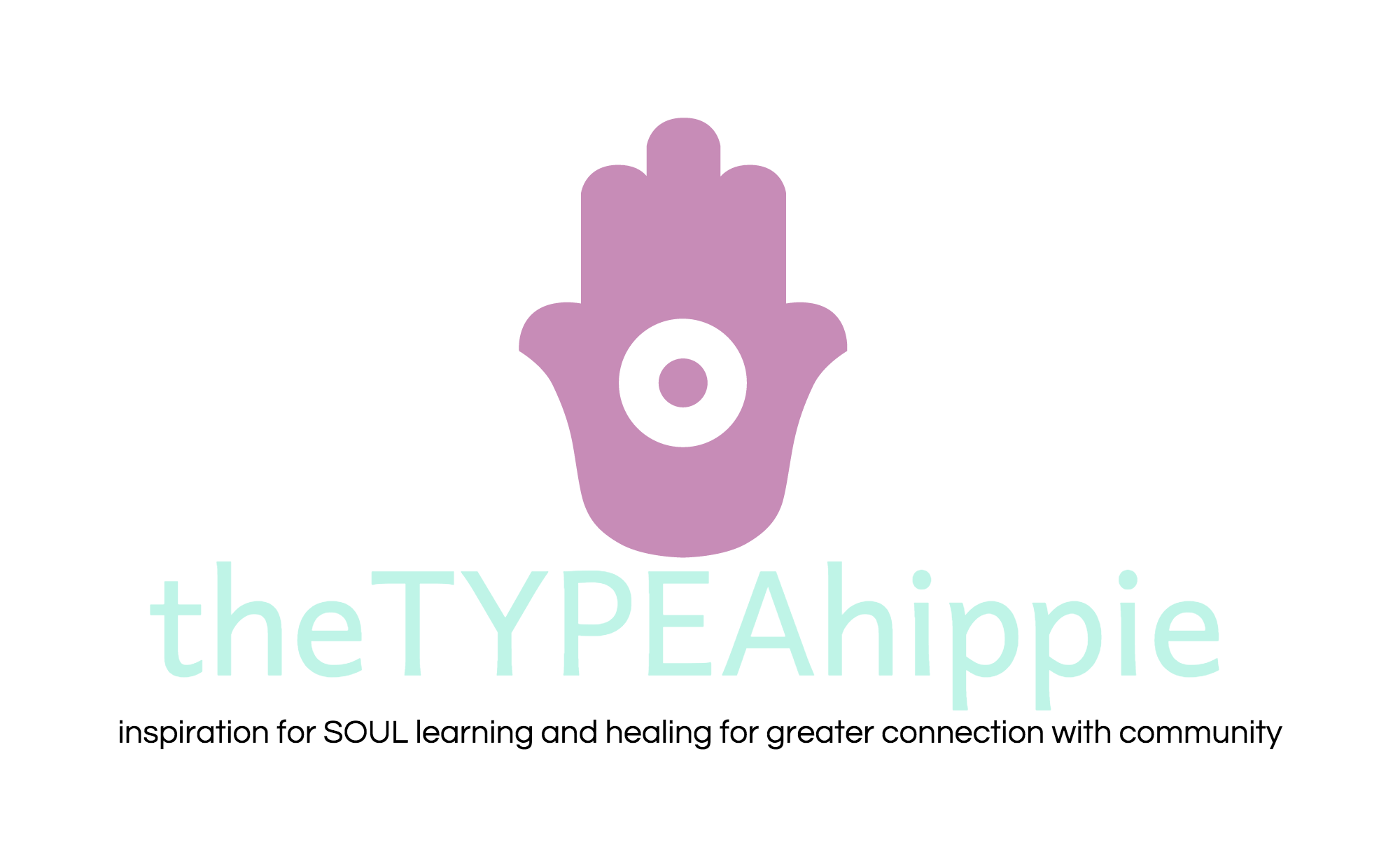A Peek into the Schizophrenic Mind
I stumbled on a video of CNN host Anderson Cooper wearing a schizophrenia simulator. Watching the video brought tears to my eyes and filled my heart with empathy, grace and mercy. Voices of both encouragement and discouragement could be heard through the headphones. He was asked to do some math problems while the voices and whispers both soothed and taunted him. One of the poignant moments for me as a viewer was when one of the voices yelled, “You suck! And they know it!” Imagine having someone shout that while you’re attempting to do your school work or while at work. Cooper admitted that he was often tempted to respond to the voices. He was unable to complete any math problems correctly. Reading and implementing the instructions for creating a paper boat was also difficult. He was also asked standard psychiatric admission questions while wearing the stimulator which also proved challenging. Normally very cool, calm and collected, Cooper was clearly ruffled, as many of us would be.
Schizophrenia, according to the National Institute of Mental Health, “is a chronic and severe mental disorder that affects how a person thinks, feels, and behaves. People with schizophrenia may seem like they have lost touch with reality. Although schizophrenia is not as common as other mental disorders, the symptoms can be very disabling.” NIMH reports the Prevalence Rate for schizophrenia is approximately 1.1% of the population over the age of 18 or, in other words, at any one time as many as 51 million people worldwide suffer from schizophrenia. Approximately 1.2% of Americans (3.2 million) have the disorder. In 2009, 1.5 million people were diagnosed with schizophrenia worldwide.
This seems to be a staggering number; yet, there is still severe stigma attached to those who suffer, often in silence with this disorder. Examples of symptoms are:
Hallucinations
Delusions
Thought disorders (unusual or dysfunctional ways of thinking)
Movement disorders (agitated body movements)
“Flat affect” (reduced expression of emotions via facial expression or voice tone)
Reduced feelings of pleasure in everyday life
Difficulty beginning and sustaining activities
Reduced speaking
In terms of treatment options for schizophrenia, some are prescribed and use antipsychotics, psychosocial treatments and coordinated specialty care (CSC) along with various therapies like cognitive behavioral therapy (CBT), yoga therapy and others.
It is understandable that, like with many mental illnesses, sufferers or survivors may start taking medications and when they start feeling better they wean themselves off so that they can return to who they believe they are meant to be. Some do not enjoy feeling “under the influence” or “flat” from medications, and quite honestly, some also feel close to the voices and imaginary friends they have picked up along the journey of life and to medicate is synonymous with losing those friends. Oftentimes as a society, our lack of understanding and compassion does not leave room for a discussion let alone any true and lasting support for anyone that may find themselves in this situation.
If someone is diagnosed with cancer, an autoimmune disorder, diabetes, or hypertension (high blood pressure), they are not mocked or ignored. Rather, they are provided with a minimum amount of empathy and possibly even some information on how to get support and resources so that they are able to live a life worth living. This is not so with those who battle mental illness. They are often shut out and made to feel alone, that they need to fend for themselves. There are as many as 51 million people worldwide and in the United States about 3.2 million living with schizophrenia. Three point two million people is not a small number. If it affects one, it affects us all. Let’s start talking and supporting one another.
